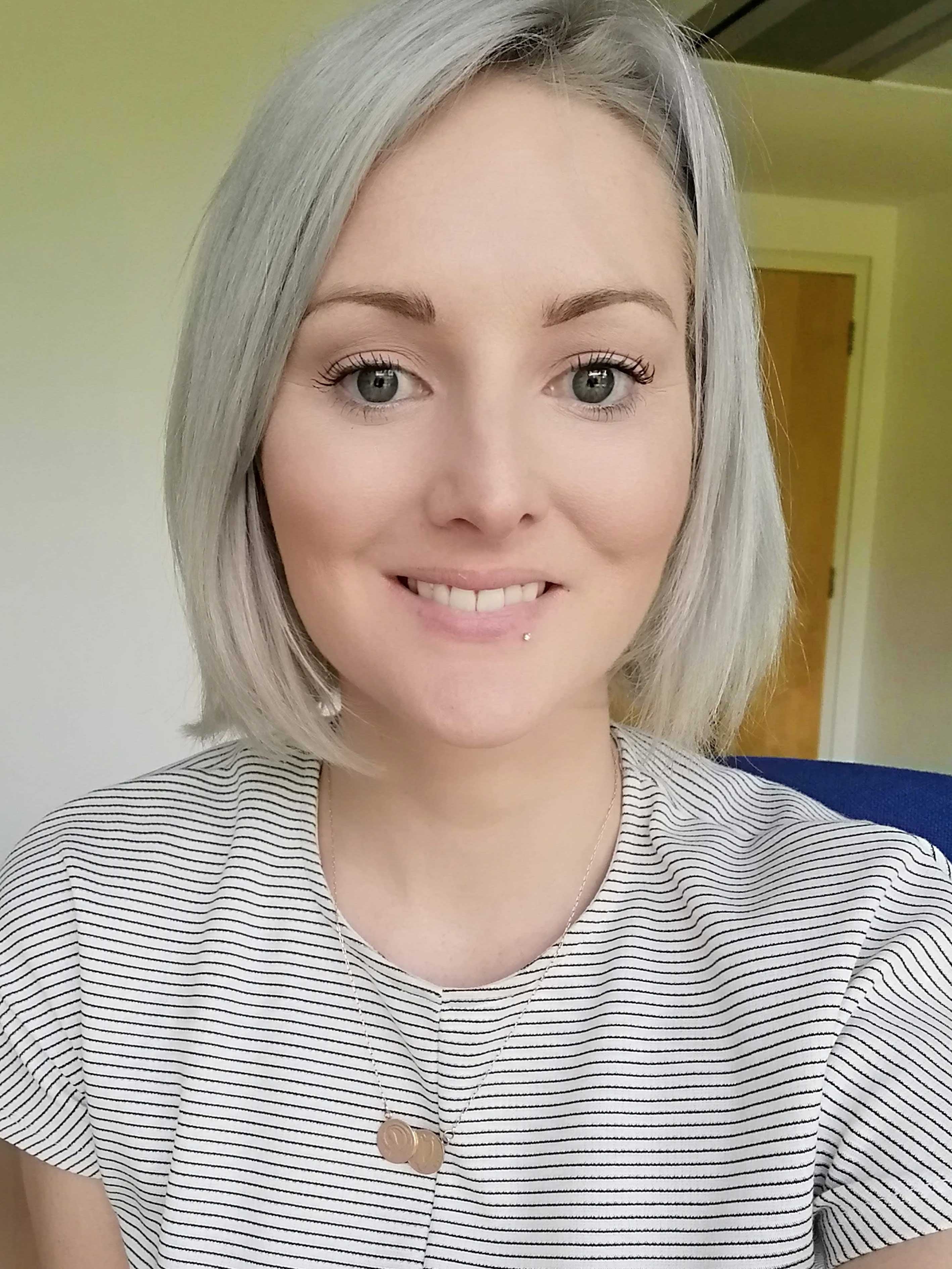 Róisín graduated from our MSc in Soil Mechanicsin 2014. Her MSc dissertation was on the Axial cyclic loading of piles in sand. After gradiating, she commenced her PhD on The axial behaviour of displacement piles in chalk under the supervision of Professor Richard Jardine and Dr Stavroula Kontoe. During her time with us, she was awarded a Statoil Scholarship (MSc), as well as best paper prizes, the first in 2019, the ICE David Hislop Award (offshore award): best paper published in any ICE journal on offshore matters (PhD work), and the second in 2021, the ICE David Hislop Award (offshore award): best paper published in any ICE journal on offshore matters (PhD work). Since her graduation from the PhD, Roisin continued her research work with a number of postdoc positions at Imperial College and The University of Oxford, and is now a Lecturer in Geotechnical Engineering at University of Glasgow.
Róisín graduated from our MSc in Soil Mechanicsin 2014. Her MSc dissertation was on the Axial cyclic loading of piles in sand. After gradiating, she commenced her PhD on The axial behaviour of displacement piles in chalk under the supervision of Professor Richard Jardine and Dr Stavroula Kontoe. During her time with us, she was awarded a Statoil Scholarship (MSc), as well as best paper prizes, the first in 2019, the ICE David Hislop Award (offshore award): best paper published in any ICE journal on offshore matters (PhD work), and the second in 2021, the ICE David Hislop Award (offshore award): best paper published in any ICE journal on offshore matters (PhD work). Since her graduation from the PhD, Roisin continued her research work with a number of postdoc positions at Imperial College and The University of Oxford, and is now a Lecturer in Geotechnical Engineering at University of Glasgow.
Why did you choose to study at Imperial?
I completed my undergraduate degree in Civil Engineering at the National University of Ireland, Galway in 2007 and came to Imperial to study for my MSc in Soil Mechanics in 2013. I spent the interim working in industry as a geotechnical engineer in Ireland and Australia. I chose to study at Imperial for its world renowned reputation for soil mechanics and geotechnical engineering.
What have you done since leaving Imperial?
I completed my PhD in Imperial in 2018 and spent one year there as a postdoctoral research associate. I moved to the University of Oxford in 2019 and spent two years there as the Ørsted REMS CDT Departmental Lecturer in Geotechnical Engineering. In 2021, I took up my current position as Lecturer in Geotechnical Engineering at University of Glasgow. I also hold a position as a Visiting Fellow in Engineering at Oxford.
What has been your most rewarding project and you have worked on and why?
My PhD project (Offshore wind-turbine pile design | Research groups | Imperial College London) and the follow on EPSRC and industry funded ALPACA project ALPACA Project (ox.ac.uk) have advanced the understanding of displacement pile behaviour in chalk. The outcomes of these projects are being used to improve the design of offshore foundations for renewable energy, helping the UK towards its net zero targets.
How has your degree helped?
My MSc degree built on my industry experience and came at a pivotal point in my career. It gave me a strong basis in theoretical soil mechanics which has helped me throughout my career. My PhD gave me the opportunity to work with leading industry figures, to direct my work autonomously, develop my research skills and to started me off on my academic career path.
What would be your advice to a student starting out on a career in Civil and Environmental Engineering?
I would recommend Imperial as a great place to start, or return to, your studies in Civil and Environmental engineering. You will get the opportunity to learn from world leading experts in their field, with access to excellent facilities as part of a vibrant student community. The knowledge and skills you obtain at Imperial will stand you in good stead for your career as a practicing engineer.